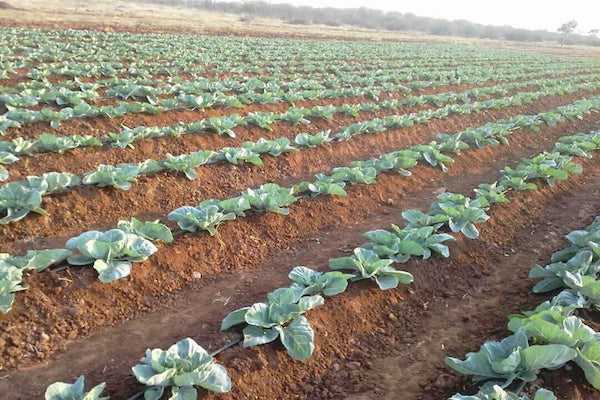Food systems affected by COVID-19 social distancing laws
The closure of major transport routes and export ban are likely to adversely affect local food systems. While food supplies will not necessarily be affected as most farmers have the opportunity to get permits that allow them to still operate, the social distancing restrictions are likely to make it difficult for many to access and buy food.
Small-scale farmers are the food supply answer to many of the urban populace who buy in smaller quantities and are always looking for value for their money, particularly under the current conditions when income opportunities have been severely affected. The Food and Agriculture Organisation (FAO) has also indicated that the closure of markets over public health concerns would likely compromise many people’s ability to buy food, particularly fresh produce, and curtail the livelihoods of small-scale producers and vendors thereby affecting food security in many communities.
Furthermore, although it is harvest season in Botswana, many farmers, particularly small-scale farmers, have been forced to halt operations due to the extreme social distancing regulations that have been put in place to reduce the spread of the COVID-19. Many small-scale farmers are also unable to access markets to sell produce or to buy inputs, such as fertilisers and seeds.
Small-scale farmer Omphemetse Mogorosi said that production might be affected because most small-scale farmers rely on casual labour in the informal sector. “These jobs will not be possible due to the conditions that are enforced by extreme social distancing rules. The regulations had severely affected our operations, although we understand that it is for the benefit of public health,” he said.
FAO indicates that approximately 60 percent of the African population is involved in agriculture, including both large-scale commercial and small-scale farmers. The small-scale farmers have been trying to integrate into global supply chains through access to local markets.
Botswana is a net importer of most of its consumables, particularly food. Botswana’s food import bill averages P60 billion, forming part of the $65 billion that most African countries spend on food imports. There has never been a time when food security was more important than now, particularly with continued efforts to ensure that Africans become food self-reliant.






